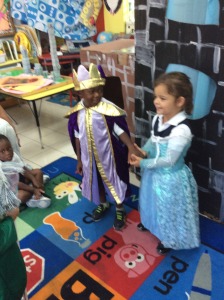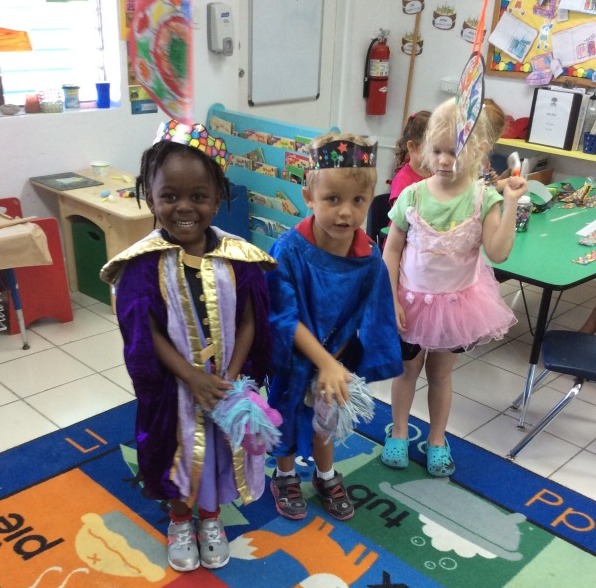Blog
The benefits of learning through play in Kindergarten
- December 30, 2015
- Category: Senior Kindergarten
How does learning through play in Kindergarten benefit our children?
Learning through imaginary play has long been recognised as an important component of child development. As far back as the late nineteenth Century, studies have proven an association between role play and mental and behavioural development in babies and young children. While it has long been considered important to early years’ development, in exactly what way does learning through play help benefit babies and young children?Developing social skills
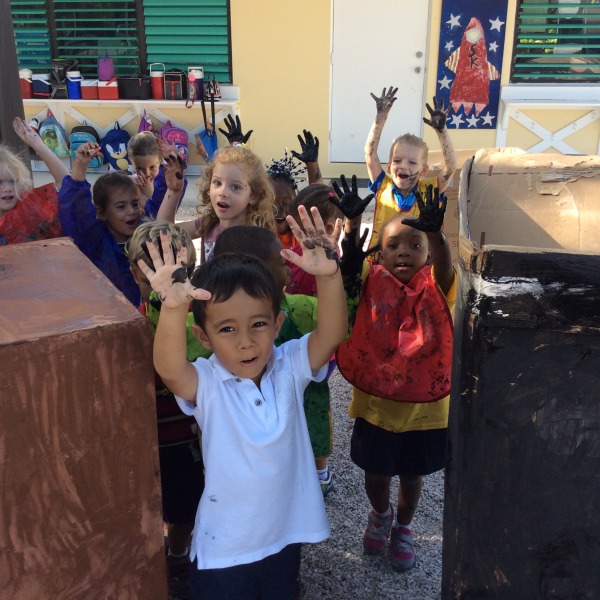 Role play is an extremely social act. Given that success at school has been largely pinned on a child’s ability to positively interact with their contemporaries and adults, developing social skills is imperative in young children.
All walls of reality are broken in imaginary and role play as children pretend to be something or someone different from themselves.
In being assigned and accepting different roles and then acting them out, this type of play practises both verbal and non-verbal communication skills.
When children group together and practice imaginary play, they negotiate roles and mutually agree different terms. This helps youngsters develop the skills they need to socialise and cooperate with their peers.
They learn how to control impulses and how to respect the decisions of others, which is a central aspect of sound social skills.
Role play is an extremely social act. Given that success at school has been largely pinned on a child’s ability to positively interact with their contemporaries and adults, developing social skills is imperative in young children.
All walls of reality are broken in imaginary and role play as children pretend to be something or someone different from themselves.
In being assigned and accepting different roles and then acting them out, this type of play practises both verbal and non-verbal communication skills.
When children group together and practice imaginary play, they negotiate roles and mutually agree different terms. This helps youngsters develop the skills they need to socialise and cooperate with their peers.
They learn how to control impulses and how to respect the decisions of others, which is a central aspect of sound social skills.
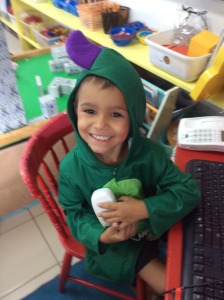
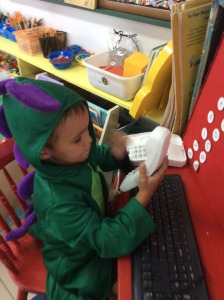
Communication and language skills
Imaginary play and role play typically involves verbal communication. When children participate in dramatic types of play, they copy and practice the words they have heard others saying which ultimately develop vocabulary and language skills. In addition, children are aware that in order to participate well in the game they need to listen to others in order to respond and follow the game in an appropriate manner. Not only does this type of play therefore promote the use of speaking but it also promotes collaborative and listening skills. Not to mention the art of conversation with ones imaginary friends!Cognitive development
Make believe play involves children recalling pictures they have built up in their mind from past experiences. Whether it is their mum paying for goods at a supermarket or a nurse bandaging their knee at the doctor’s, or Rapunzel trying to find out how long is her hair with imaginary play children recreate these scenes they have built up in their heads and practice solving problems that are often part of these pretend scenarios. In observing, discovering and carrying out deductive reasoning, pretend play is critical for cognitive skills and helping children build the ability to solve problems and draw their own conclusions.